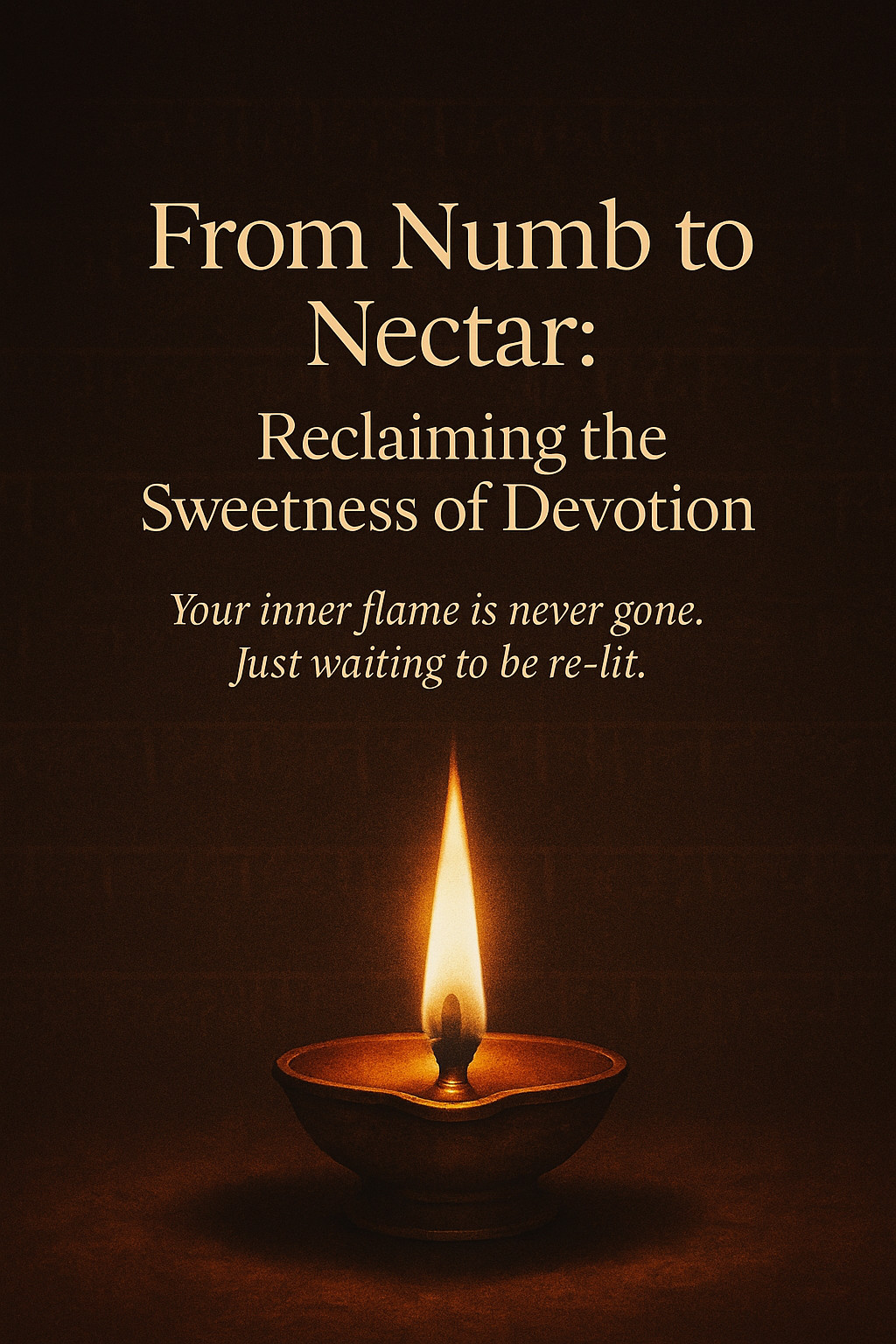In today's fast-paced world filled with constant notifications and social media feeds, distractions are abundant, often promising temporary relief yet hindering progress toward personal goals. Distractions aren't always overt; they can include seemingly productive tasks like answering non-urgent emails or overthinking minor decisions, leading to a false sense of busyness rather than effective progress. These diversions provide the illusion of accomplishment, preventing meaningful forward movement.
Conversely, discipline acts as the transformative force turning dreams into reality by maintaining focus on priorities despite tempting distractions. Being disciplined doesn't denote perfection; it involves consistently making choices aligned with one's values and objectives. This steady practice grounds individuals, allowing them to be intentional about their actions, thus fostering genuine accomplishment instead of transient busyness.
To shift from distraction to discipline, individuals can start by clarifying priorities, auditing their time, and setting boundaries with technology. Breaking goals down into small steps, practicing mindfulness, and building accountability with others are also practical strategies. Ultimately, each choice between distraction and discipline shapes one's future, with discipline offering lasting fulfillment and alignment with one's desires, making the pursuit of discipline not only a daily commitment but a deeply rewarding life-altering decision.
Read more...Monogamy has long been considered the gold standard for romantic relationships, but as consciousness and awareness evolve, many question its suitability. The answer lies not in societal norms but in one's vibrational alignment, emotional maturity, and willingness to explore deep, soulful intimacy. Monogamy can be profoundly transformative, offering a stable container for trust, loyalty, and emotional growth, allowing partners to align their vibrations and nurture each other's development.
In a committed, monogamous relationship, trust becomes the foundation of intimacy, offering a unique opportunity for personal growth and self-reflection. True intimacy requires vulnerability and openness, enabling individuals to trust not only their partner but also themselves. Sexuality, when approached with intention, can serve as a gateway to spiritual connection, engaging the entire being—mind, body, and soul—and fostering deeper understanding and connection.
Whether monogamy is right for an individual depends on their willingness to explore relationships with intention and honesty. The key is to choose a path that aligns with one's vibration and supports personal growth and spiritual evolution. By letting go of fear and judgment, one can step into the fullness of love and connection, recognizing that the only limits are those set for oneself.
Read more...The blog post delves into the profound nature of karma, exploring it not as a simple system of reward and punishment, but as an alignment of consciousness toward specific life qualities. Karma is portrayed as a complex web of mental and emotional imprints—samskaras—that shape our perception and interaction with the world. This orientation governs our experiences and tendencies, manifesting in patterns of prosperity, health, or their opposites.
Dr. Baskaran Pillai provides insights into prosperity and poverty as two karmic orientations, emphasizing that these are mental and emotional patterns rather than mere material states. A prosperity orientation is rooted in abundance and gratitude, leading to inspired action and aligned opportunities. Conversely, a poverty orientation focuses on scarcity and fear, perpetuating cycles of lack and self-sabotage even when opportunities present themselves.
The post offers strategies for transforming one's karmic orientation, highlighting the capacity for self-awareness and mindfulness in realignment. Through meditation, mantra chanting, and intentional action, individuals can shift from limiting patterns toward positive qualities like prosperity, joy, and love. The essence of karma as a tool for empowerment underscores the role of conscious choice in shaping a fulfilling life, encouraging readers to actively participate in their karmic journey rather than viewing it as a static fate.
Read more...In today's fast-paced world, endurance extends beyond physical stamina to encompass the mind and spirit. Navigating life with resilience, clarity, and stability requires a blend of mental and spiritual stamina—qualities that yoga and love uniquely nurture. Yoga serves as an anchor for mental endurance by fostering clarity and focus through synchronized breath and movement, building resilience with practices like Kundalini Yoga, pranayama, and balancing the nervous system against stress.
On the other hand, love acts as a vital energy for spiritual stamina, encouraging openness, connection, and transformation. It dissolves barriers and unites us with others and the divine, strengthening our faith and ability to endure life's challenges with hope. Love invites authenticity and teaches us to embrace our humanity while aspiring to connect deeply with our higher self.
Yoga and love intersect as holistic practices that enrich our lives with grace and purpose. Yoga opens the heart to allow love to flow freely, while love deepens the presence and intention behind yoga, creating a harmonious cycle of strength and compassion. Together, they teach us to live intentionally, endure with resilience, and move through life with boundless grace and an open heart.
Read more...Violence is often perceived as an unwelcome force within us, needing to be suppressed beneath layers of manners and positivity. However, suppression only breeds deeper resentment and disconnection. The article suggests that instead of pushing violence away, we should embrace its energy and transform it into a force for growth and positive change.
At its essence, violence is a form of unrefined energy that signals unmet needs or unresolved conflicts. The article emphasizes that this raw intensity requires acknowledgment and direction rather than suppression. By channeling this energy purposefully, we can transform it into a creative and positive force, akin to how a wild river, when guided through channels, can support life and power civilizations.
Refining violence involves acknowledging our emotions without judgment, utilizing physical movement to channel energy, and practicing controlled breathing to convert chaos into calm. This transformative process is about recontextualizing emotions such as anger into passion or frustration into determination. By refining violence into intensity and ultimately grace, we embrace our humanity, cultivate compassion, and inspire others to elevate their own frequencies, thereby transforming potential destructiveness into creation, healing, and growth.
Read more...
